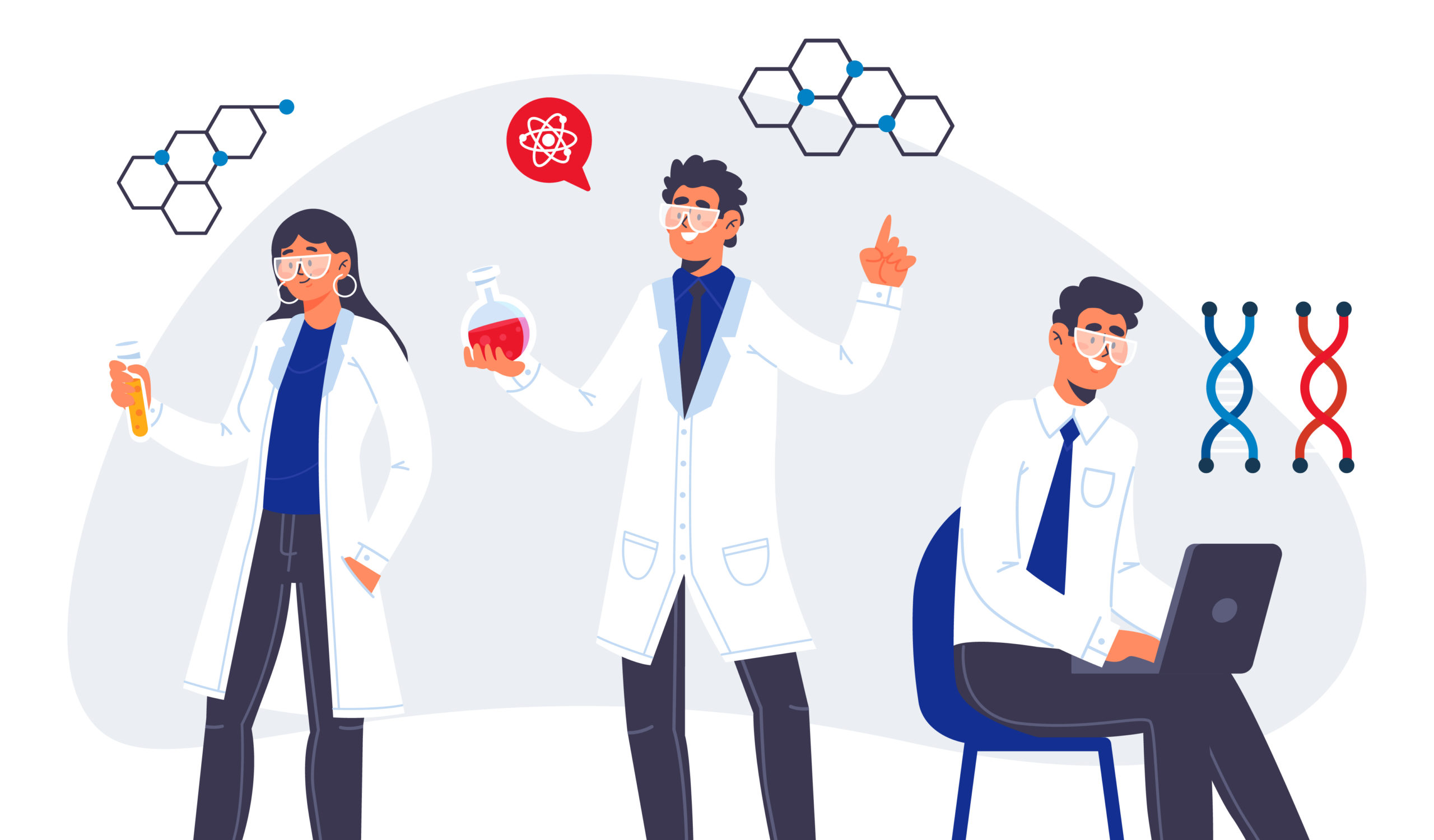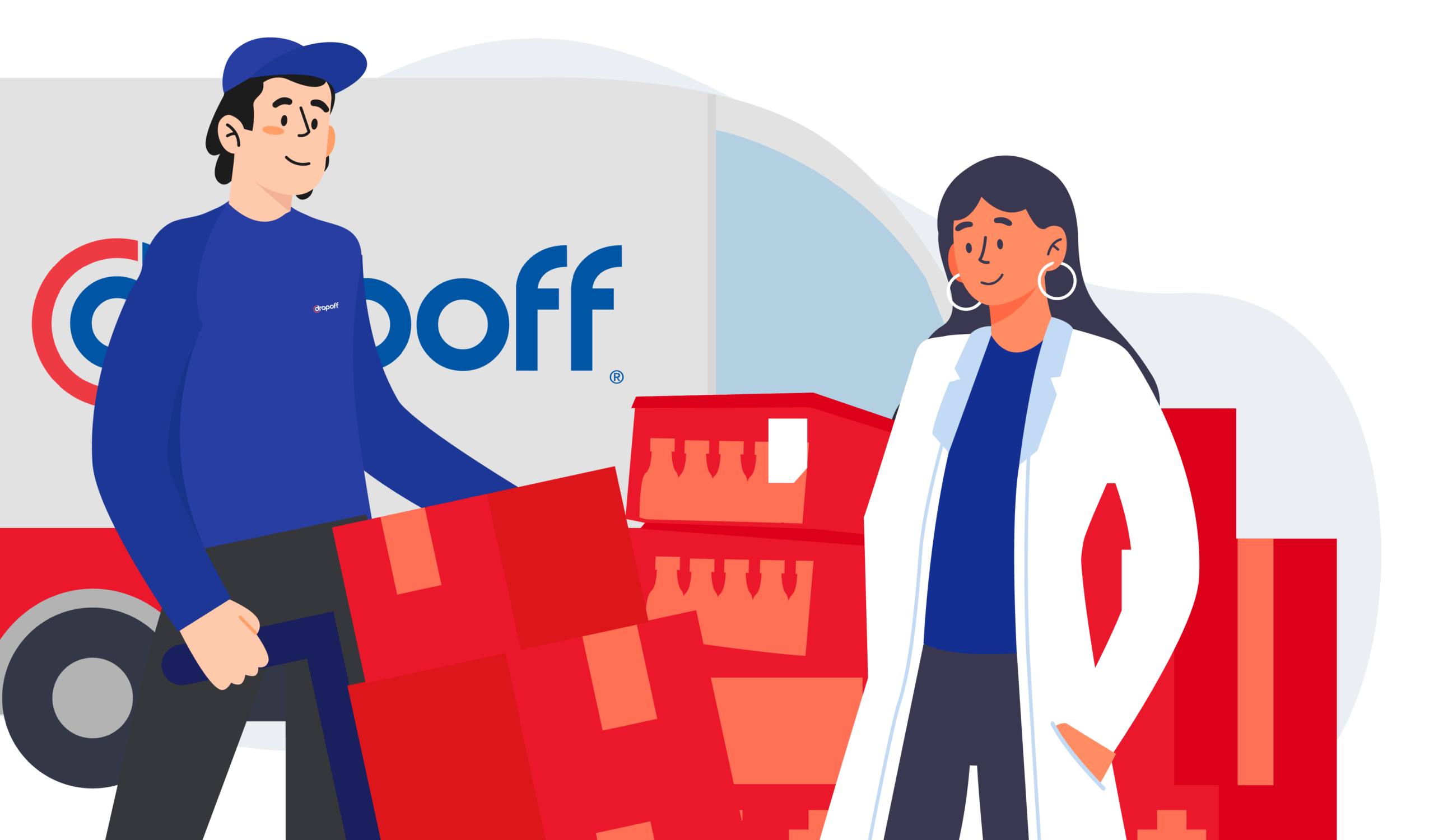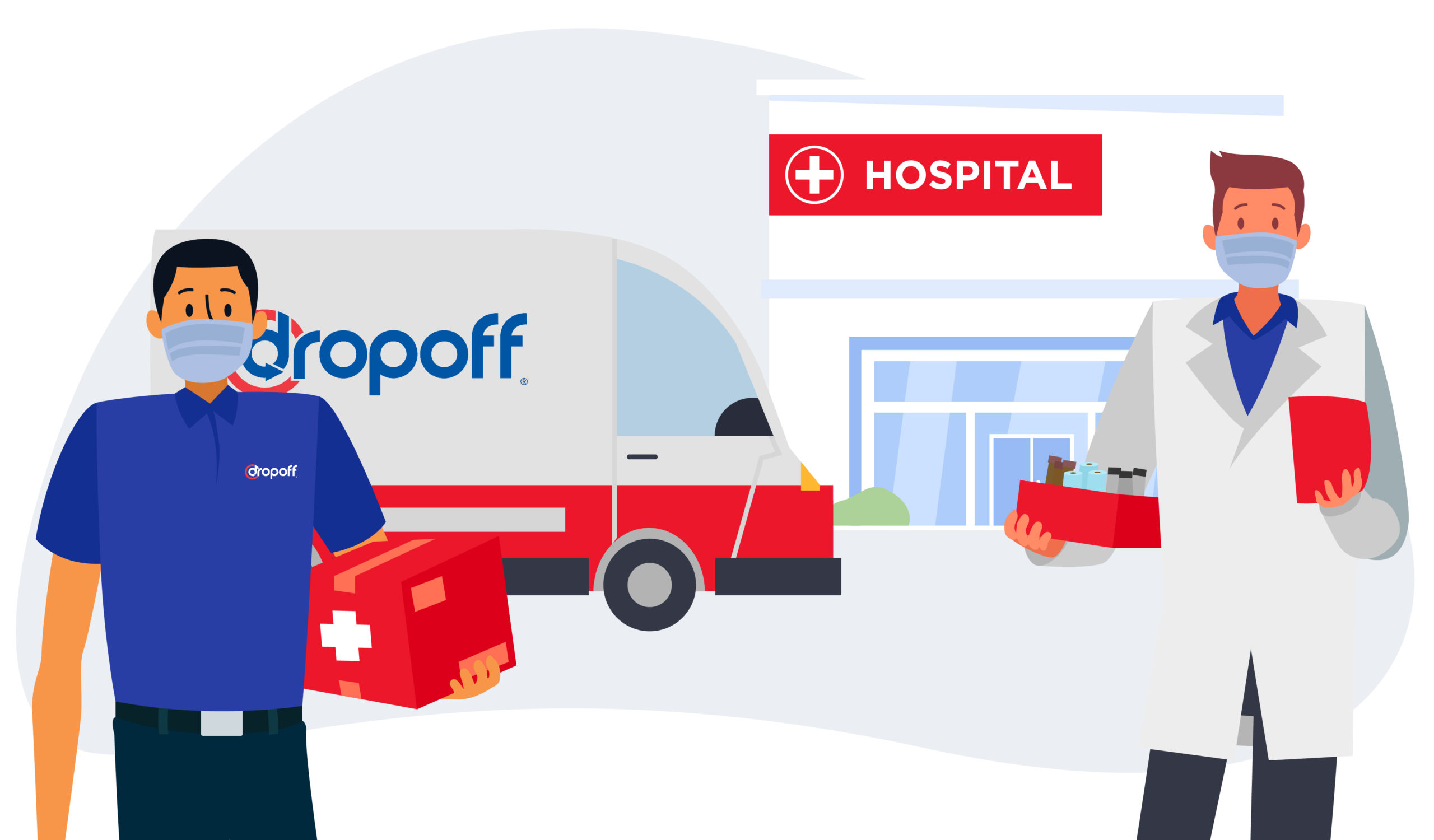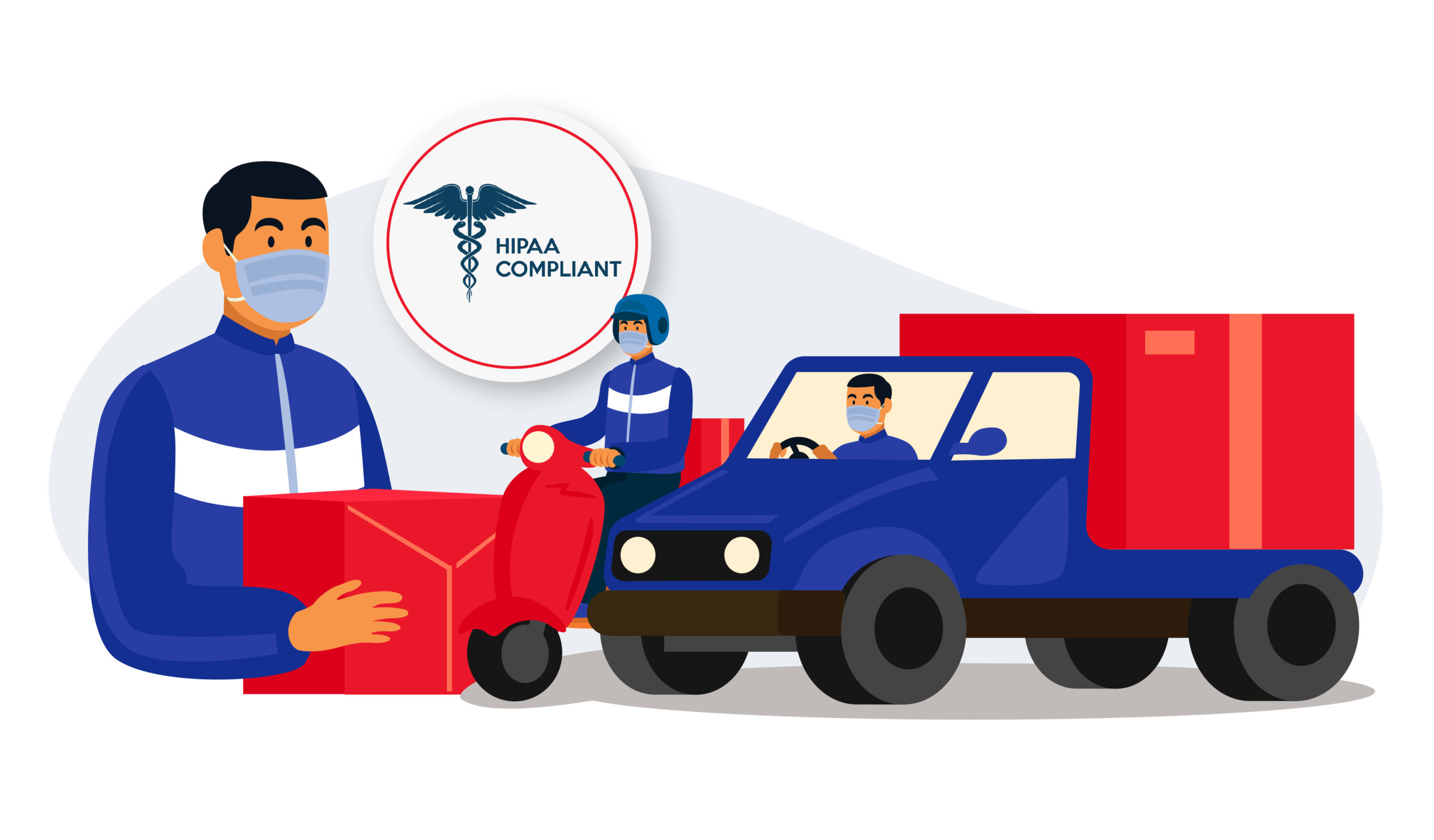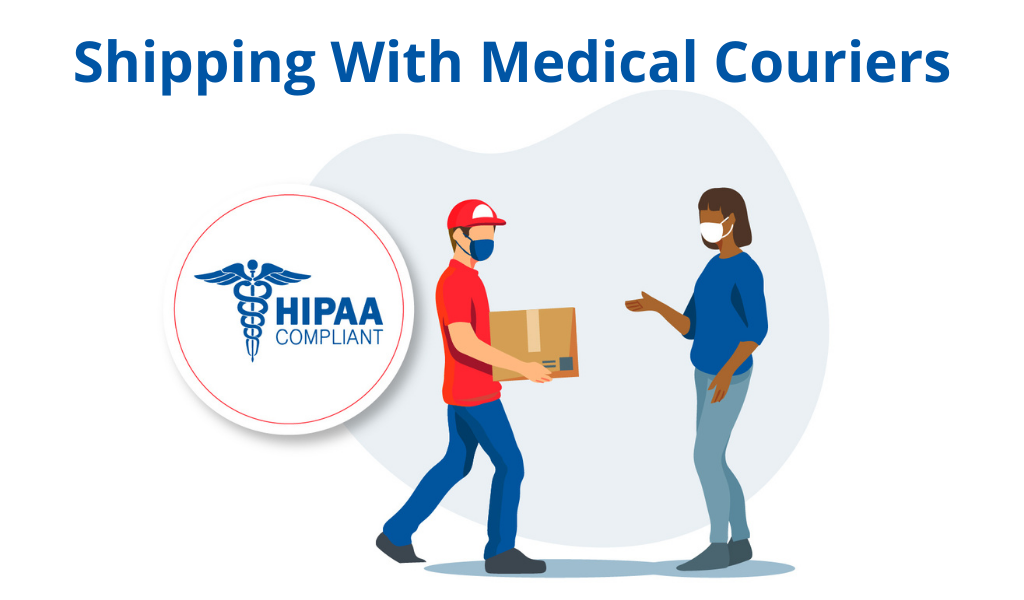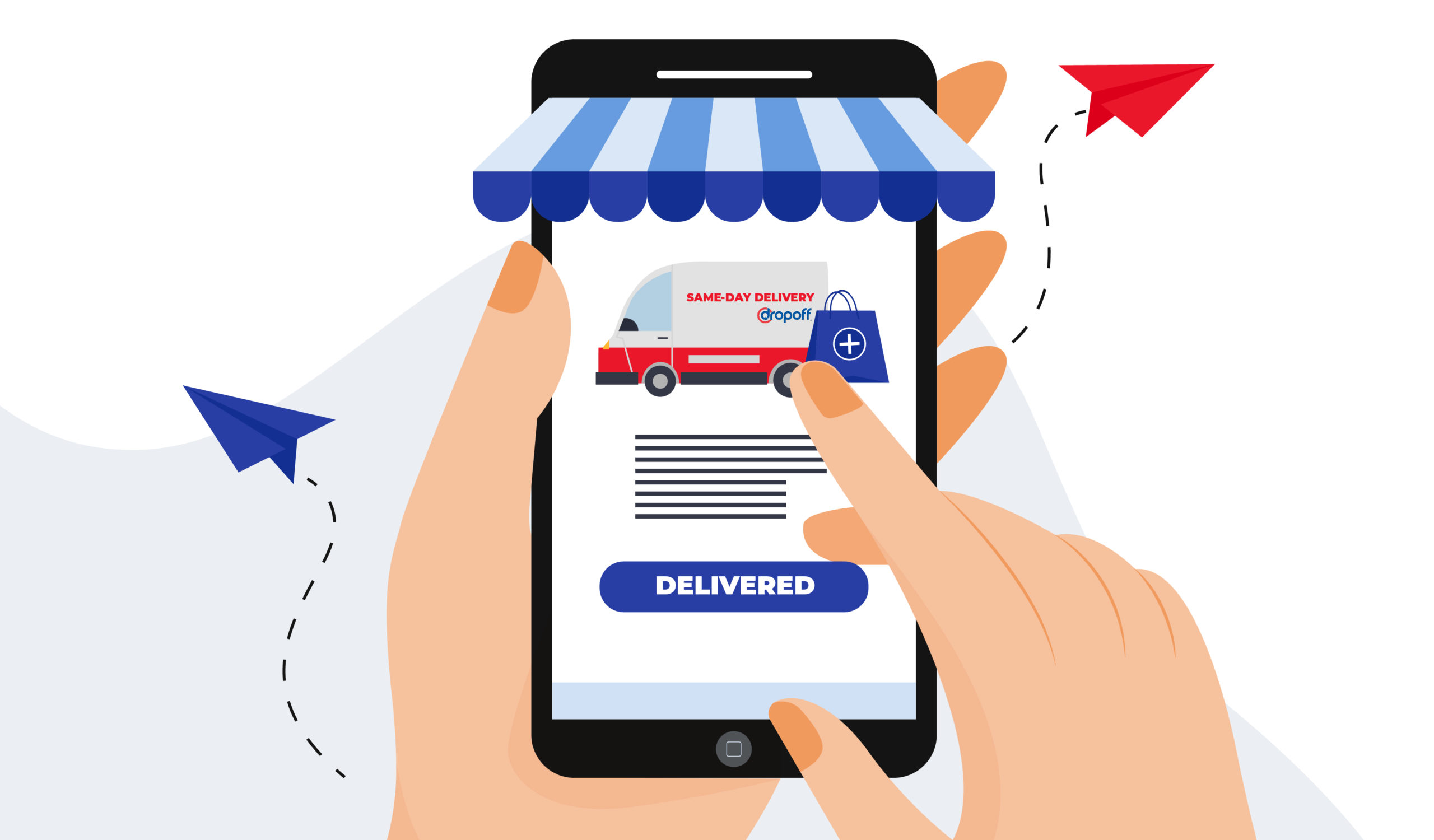Study Reveals Health Care Shoppers Expect More From Delivery
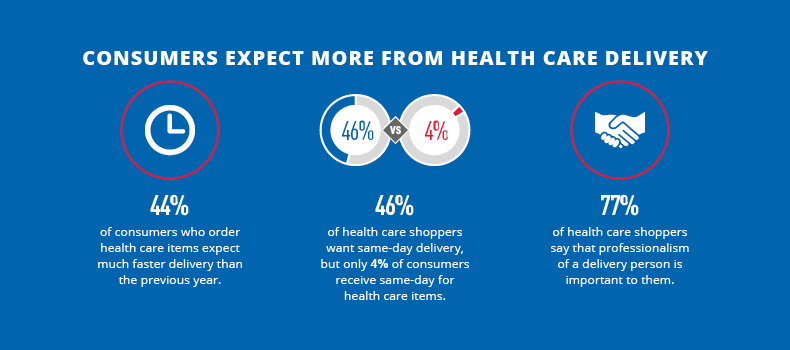
When you think of products you wish were delivered same-day, what immediately springs to mind? If you’re a typical U.S. consumer, it’s probably groceries. But prompted with the idea of having prescriptions and medical items delivered, the majority of consumers would jump at this convenient prospect. Health care items represent one of the greatest opportunities for retailers to satisfy consumers’ growing expectations around delivery speed, especially as projections for health care spending increase every year.
The U.S. spends almost twice the rate of other high-income countries on health care, according to a recent study published in the Journal of American Medical Association. While that spending includes many facets of medical care, it quickly trickles down to retail. The price of devices has been cited as a main driving force in U.S. spending differences compared to other countries. For prescriptions alone, reports project U.S. consumer spending on prescription medications will increase to $610 billion by 2021 (versus $328.6 billion spent in 2016).
Subsequently, purchasing healthcare products on a frequent basis is becoming ingrained in U.S. consumer shopping habits. Of those who took part in Dropoff’s recent annual consumer survey, 24% say they shop at least weekly at national chains, like Walgreens and CVS.
As more consumers turn to delivery for everyday household items and groceries, an influx of healthcare products, too, are being dropped into digital shopping carts. And consumers who opt for delivery when purchasing health care products, such as prescriptions, medications, and medical devices/supplies, have vastly different expectations surrounding delivery than other U.S. consumers. Between same-day and next-day delivery becoming the norm, and the importance of professionalism from delivery persons, retailers are pivoting to focus on the quality of delivery services to meet the rising demand for health care delivery like never before.
Health Care Shoppers Expect Faster Delivery
Dropoff consumer survey respondents who have health care products delivered have higher expectations for delivery times than those who don’t opt for delivery when purchasing these products, and those expectations are increasing year over year. Of those who have health care products delivered, 44% say they expect much faster delivery times than a year ago compared to 42% of consumers who expect faster delivery times but don’t have health care items delivered.
For frequent health care delivery recipients , that expectation is even stronger. When looking at consumers who have health care items delivered daily or weekly, 55% expect much faster delivery times compared to a year ago. That’s a 31% greater expectation for delivery/speed than consumers.
Given health care shoppers’ desire for faster delivery, they’re also more likely to have used same-day medical courier services in 2018. While 31% of total U.S. consumers took advantage of same-day delivery in 2018 (up from 17% in 2017), health care shoppers were 26% more likely to have used same-day delivery in the past year (35% of health care shoppers vs. 28% non-health care shoppers).
Retailers are Struggling to Meet Health Care Delivery Expectations
Falling just behind grocery delivery, health care delivery saw the second largest expectations gap between what consumers want delivered same-day and what they receive same-day. So while 46% of health care shoppers are wanting faster delivery (and more are opting for it when available), retailers often aren’t delivering health care items as quickly as consumers would like, or in many cases, need. Only 4% of U.S. consumers are actually receiving same-day delivery on the health care items they want.
But not all health care shoppers are experiencing the same expectations gap. Different regions of the U.S. are seeing a difference in expectations gap. Those located in Western states are showing the biggest difference between consumers who want same-day delivery for health care items and consumers who actually receive same-day delivery. Those in the West also express the greatest desire for same-day delivery in this product vertical, with 53% saying they want same-day delivery for health care items (compared to 39% in the Northeast, for example).

The Necessity of Professionalism and Privacy in Health Care Delivery
In the wake of excessive data breaches, more U.S. consumers are expressing concern with a company’s ability to maintain the privacy of their data. A new survey conducted by the Harris Poll on behalf of IBM revealed that 75% of consumers won’t purchase products from a company again if they don’t trust the protection of their data with that company. Health care shoppers, especially, share sensitive information with retailers when they purchase medical items. That’s why reputable same-day delivery providers, like Dropoff, require drivers to become HIPAA compliant.
Delivery professionals are a direct reflection of a retailer’s integrity when it comes to data protection, and 77% of health care shoppers say that professionalism of a delivery person is important to them (compared to 73% of non-health care shoppers). Consumers who have used medical courier services were also 7% more likely to say that if a delivery person was unprofessional, it would affect whether they would use that company again (59% of health care shoppers vs. 55% non-health care shoppers).
So Who’s Having Health Care Items Delivered?
Millennials, who have quickly become accustomed to (and have driven) on-demand shopping are far more likely to have health care products delivered compared to other generations. Of those who use health care delivery, 55% were millennials, while 30% were Gen Xers and just 15% were Baby Boomers.
When looking at which generations want same-day delivery for health care items, however, 36% of baby boomers say they do (compared to 44% of Gen Xers and 49% of millennials). This presents retailers with a huge opportunity to capture unmet demand from consumers who aren’t taking advantage of same-day health care delivery yet.
Income also played a factor in whether consumers had health care products delivered. Consumers who make more than $50K per year were 30% more likely to have health care products delivered. Even so, health care delivery might be more attainable for a range of income brackets than other product verticals such as grocery delivery, where consumers who make more than $50K annually were 36% more likely to have groceries delivered. As more retailers offer same-day delivery, health care delivery is shifting from being a luxury for higher-income households to being attainable for a variety of consumers.
Health Care Delivery Changes Lives
The way in which consumers shop is constantly evolving, and not offering delivery for a product vertical could mean getting left behind. But of all products that consumers are beginning to have delivered, health care products have the highest potential to impact someone’s life. Same-day health care delivery provides a potentially life-changing solution for consumers who can’t easily leave their home to pick up the health care items they may need on a day-to-day basis. Health care businesses have everything to gain. By working with the right medical courier, businesses can build trust, loyalty, and demand.

